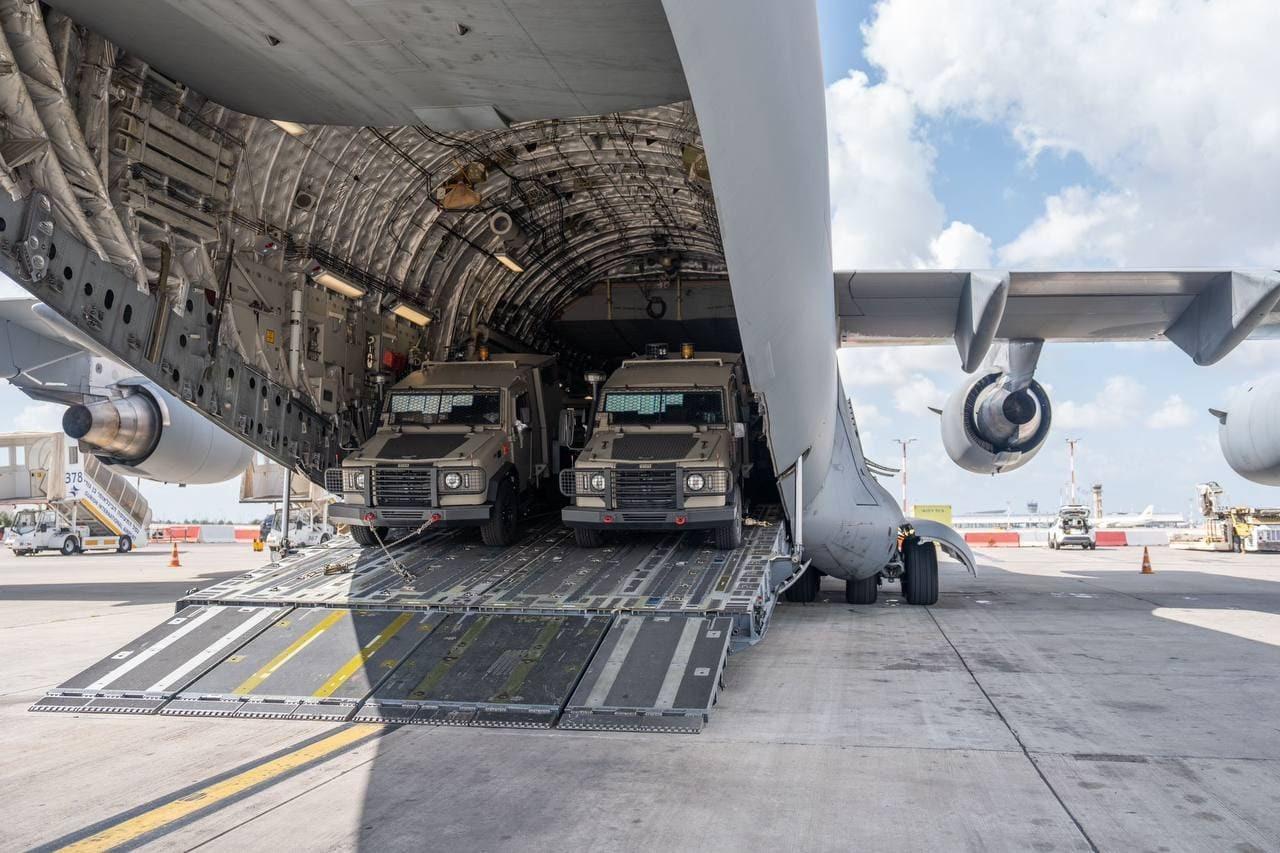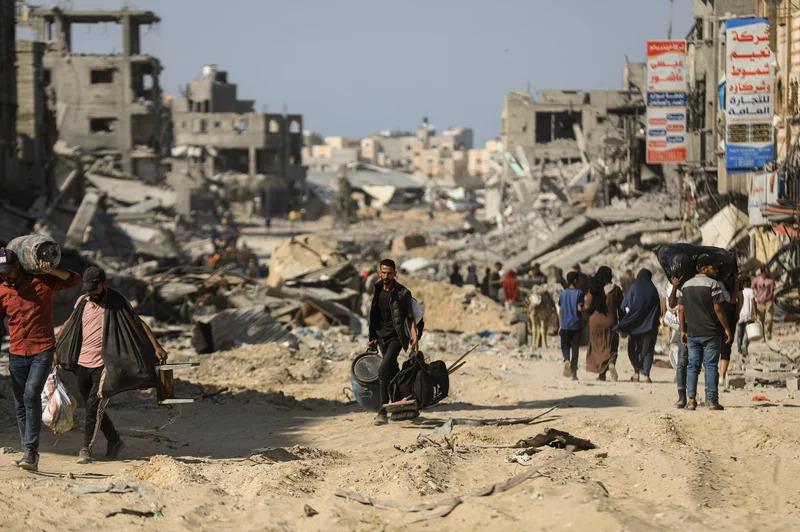Israel-Hamas war to change Middle East forever Secret weapons
The fully raging war in the Gaza Strip between Israel and Hamas enters its sixth month, while human casualties keep growing on both sides and intensifying the international pressure and condemnation. As such, calls grow among critics of Israel around the world to limit arms sales to the Jewish state over the ongoing war against Hamas in the Gaza Strip.
According to data released in recent days shows nearly all of Israel’s weapons imports are from companies in the United States and Germany. Thus, the Stockholm-based International Peace Research Institute (SIPRI) reports that 9 per cent of Israel's arms purchases come from US firms, 30% from Germany, and 0.9% from Italy.
Since the start of the war, the Israeli media reported that the US rapidly delivered thousands of guided bombs and missiles to Israel, but the total volume of Israeli arms imports from the USA in 2023 was almost the same as in 2022. In 2023, major arms to Israel included 61 combat aircraft from the USA and four submarines from Germany.
Despite the ongoing pressure, Israeli Prime Minister Benjamin Netanyahu ruled out the possibility of ending hostilities in Gaza until Hamas and its affiliations are fully destroyed. In April 2024, it was reported that US President Joe Biden had quietly approved a new $2.5 billion weapons package to Israel, including 1,800 MK84 2,000-pound bombs and 500 MK82 500-pound bombs, as part of a continued flow of weaponry to Tel Aviv.

Nevertheless, civil society activists and organizations in the West regularly criticize their governments for their strong support of Israel in its military operation in Gaza. For example, the United Nations (UN) regularly calls on Israel to stop the offensive in Gaza, while on April 5, the UN Human Rights Council voted for an arms embargo against Israel as it called for an immediate ceasefire in Gaza and demanded that the Jewish state uphold its responsibility to prevent genocide.
Moreover, the UK, another prominent supporter of Israel, faces harsh criticism at home and abroad for the Rishi Sunak government's unwillingness to address the concerns of Palestinians currently going through a dire humanitarian situation.
Critics urged the Sunak government to stop arming Israel, while former PM Boris Johnson has said banning arms sales to Israel would be “insane” and criticized the foreign secretary, David Cameron, for remaining silent on the debate over curtailing UK arms sales to Israel.
Unlike the US, UK, and Germany, some Western countries decided to uphold arms exports to Israel, given the critical situation in Gaza. For example, in March, Canada stopped arms exports to Israel over the military offensive in the Gaza Strip aimed at eliminating Hamas following the terror group's October 7 massacre.

The criticism of Israel became more visible when, on April 1, an Israeli missile hit the vehicle of World Central Kitchen staff operating in Gaza, killing three British citizens. Despite the tragic incident, the UK government maintained a lower profile, avoiding making any vocal statements, while Israel dismissed officers responsible for the attack.
However, the rising number of human casualties in Gaza, including foreign nationals, put many Western countries in hot water at a time when the International Justice Court is weighing the ongoing genocide case brought by South Africa against Israel. In late January, the ICJ ordered Israel to take provisional measures to prevent acts of genocide and to allow more humanitarian aid into the Gaza Strip.
Until now, Israel and its Western allies had not faced concrete consequences of the war with Hamas in Gaza and emerging geopolitical turmoil in the Middle East. Consequently, the repercussions of the war in Gaza would be critical as the stakes are high now.
Such turmoil enabled regional states like Iran to push stronger for proxy warfare strategy and non-state actors like Hezbollah to gain a new impetus. Amid the Gaza war, Hezbollah began frequently firing missiles toward Israel and arming more individuals to fight Israel despite the cost of many lives.








